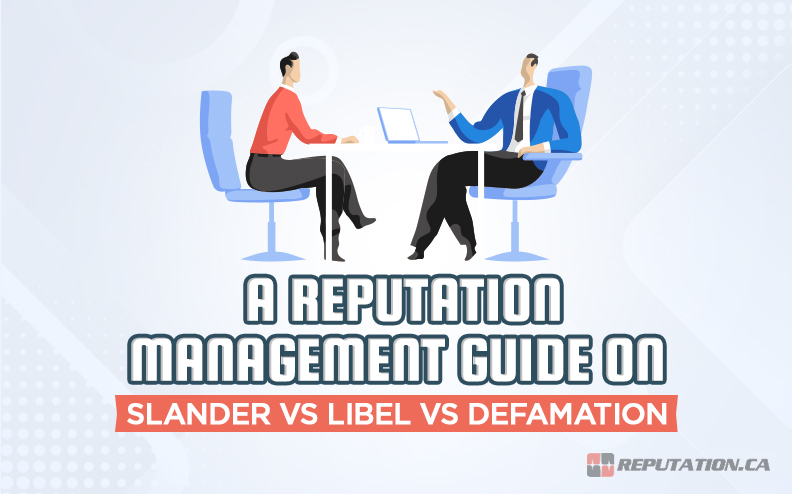Harm To Reputation Or Economic Interests Defamation Libel Slander

Defamation Libel Slander Law In India Download Free Pdf Defamation Criminal Procedure In the united states, the legal system provides avenues to address such harm through defamation law. this article clarifies the distinctions between libel and slander and explains how reputational harm is assessed and remedied. If someone makes a false statement of fact about you that harms your reputation, you might be able to file a civil lawsuit against that person for defamation. big picture wise, there are two main types of defamation: libel is written defamation, while slander is spoken.

Libel And Slander Defamation By Television Broadcast Is Actionab Pdf Defamation Private Law Defamation is defined as publishing or saying false things that harm a person’s reputation. it can be either spoken (called slander) or written (called libel). Defamation is a legal term encompassing false statements that harm an individual’s or entity’s reputation. this area of law balances the right to free speech with the need to safeguard one’s standing in the community. understanding defamation involves recognizing its two primary forms: slander and libel. defining slander and libel slander and libel are distinct categories of defamation. Learn what defamation means under u.s. law, the difference between libel and slander, and how to take legal action if your reputation is harmed. Defamatory statements are false statements that cause harm to the reputation or economic interests of an individual. learn about defamation, the difference between libel and.

A Reputation Management Guide On Slander Vs Libel Vs Defamation Learn what defamation means under u.s. law, the difference between libel and slander, and how to take legal action if your reputation is harmed. Defamatory statements are false statements that cause harm to the reputation or economic interests of an individual. learn about defamation, the difference between libel and. Learn the basics of defamation law, and what goes into a valid claim for libel or slander. defamation is a complex kind of tort case (a civil lawsuit seeking compensation for harm). in simplified terms, a defamation claim can arise when one person makes an untrue factual statement about someone else. When false statements damage your reputation, it’s crucial to understand your legal rights. the two main types of defamation are libel and slander. while these terms are often used interchangeably, there are important distinctions that impact your case. Historically, the primary distinction between slander and libel lay in the form of communication. slander is spoken defamatory statements (e.g., rumors, insults). libel is written or published defamatory statements (e.g., newspaper articles, online posts). Defamation is a complex area of law that protects individuals from false statements that could harm their reputation. it encompasses two specific types: libel and slander. understanding the distinctions and implications of each can help individuals recognize and respond to potential defamation cases. let’s explore the fundamental concepts of.

Harm To Reputation Or Economic Interests Defamation Libel Slander Lesson Study Learn the basics of defamation law, and what goes into a valid claim for libel or slander. defamation is a complex kind of tort case (a civil lawsuit seeking compensation for harm). in simplified terms, a defamation claim can arise when one person makes an untrue factual statement about someone else. When false statements damage your reputation, it’s crucial to understand your legal rights. the two main types of defamation are libel and slander. while these terms are often used interchangeably, there are important distinctions that impact your case. Historically, the primary distinction between slander and libel lay in the form of communication. slander is spoken defamatory statements (e.g., rumors, insults). libel is written or published defamatory statements (e.g., newspaper articles, online posts). Defamation is a complex area of law that protects individuals from false statements that could harm their reputation. it encompasses two specific types: libel and slander. understanding the distinctions and implications of each can help individuals recognize and respond to potential defamation cases. let’s explore the fundamental concepts of.
Comments are closed.